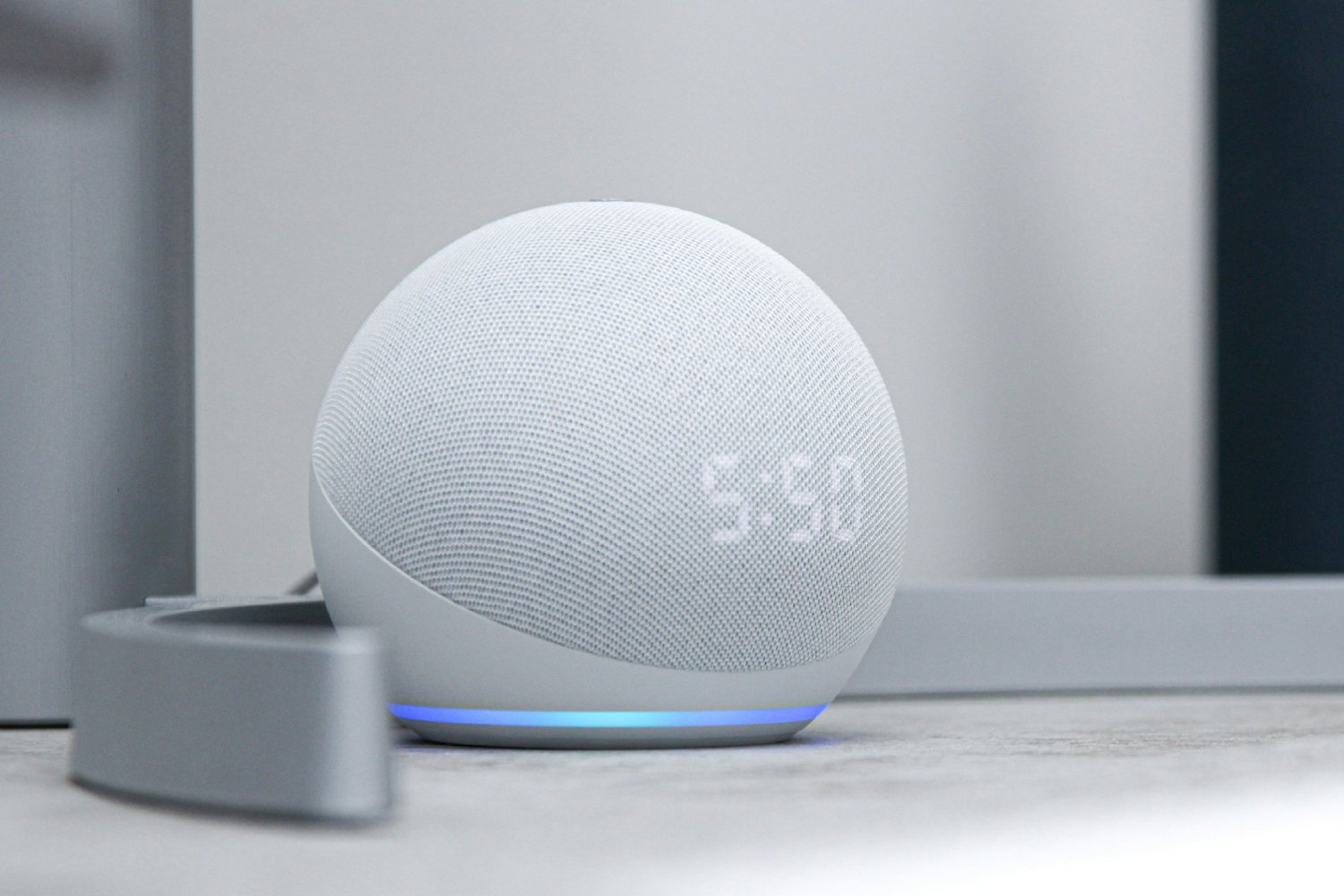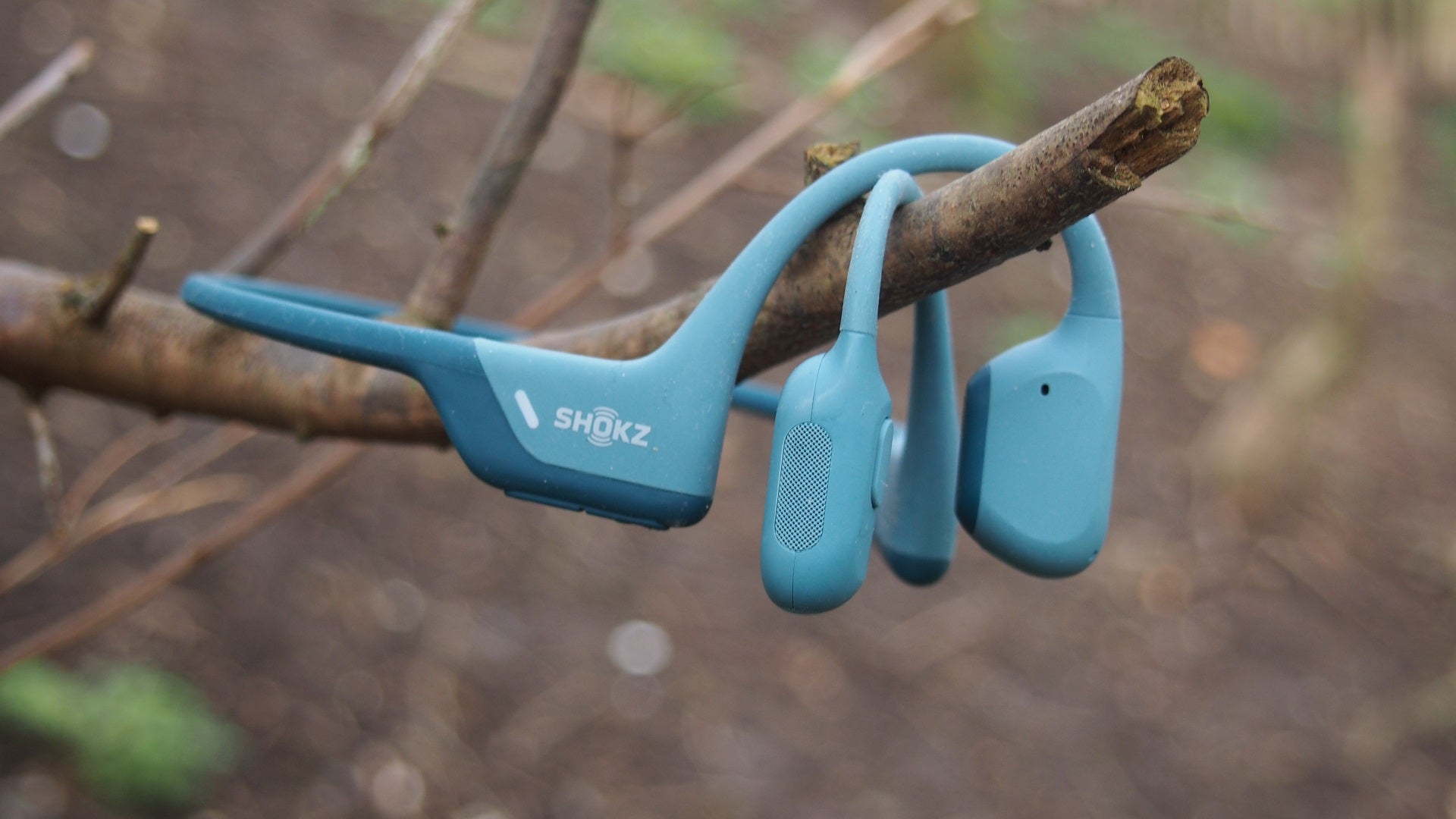The embattled Chinese social media app TikTok has said over the coming weeks it’s going to start blocking beauty filters due to growing research that transforming one’s face from its reality causes anxiety and issues with self-esteem, adding to the mental health crisis affecting the young.
It’s long been known – and let’s face it, it’s pretty obvious – that living in an online reality where you barely resemble your physical body has consequences in the real world, especially for young people who are often living in a competitive space with their hordes of online ‘friends.’
TikTok now acknowledges this after sponsoring research resulting in the publication of the paper, “Unfiltered research report: Authenticity, belonging and connection in young people’s digital wellbeing.” It turns out, according to the report, that “authenticity” might be the way to go and the use of “effects” to shape appearance might be damaging to a kid’s self-esteem.
The report explained that “beautifying filters contributed to a distorted worldview in which perfected images are normalized.” Indeed, in interviews users, particularly girls and women, have said that they feel “ugly” when their face hasn’t been processed through one of these apps.
TikTok will now block the use of these effects to users under the age of 18, although only when the filter is not obvious – not animal ears or huge eyes. Effects that are difficult to detect: softer skin, long lashes, thinner face, de-ageing, will go. This will roll out in Europe first and later globally.
“There’s no finish line when it comes to safety and security, and we will continue to learn from our community, partner with experts, and strive to do even better,” said Christine Grahn, TikTok’s European public policy head. “If our users don’t feel safe, they won’t bring their true selves to TikTok and the platform just wouldn’t be the same.”
TikTok also announced that it’s bolstering its age-restriction tools and will ensure users under 13 are kicked off the platform. This may please regulators in the U.K. before the Online Safety Bill comes into effect which promises to clean up the “Wild West” of the internet.
In the U.S., where mental health data shows disastrous results among the young, TikTok’s recent moves might be applauded but it likely won’t affect the outcome of the possible ban.
Photo: Unsplash
Your vote of support is important to us and it helps us keep the content FREE.
One click below supports our mission to provide free, deep, and relevant content.
Join our community on YouTube
Join the community that includes more than 15,000 #CubeAlumni experts, including Amazon.com CEO Andy Jassy, Dell Technologies founder and CEO Michael Dell, Intel CEO Pat Gelsinger, and many more luminaries and experts.
THANK YOU











